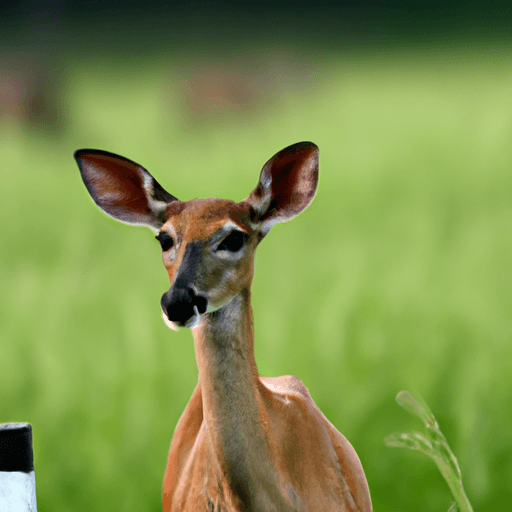Exploring the Impact Human Activity Has on Animal Behavior
Human activity has had a large and varied impact on animal behavior. From urbanization to hunting and the introduction of invasive species, the way humans interact with animals has drastically changed their behaviors and their natural ecosystems. In this article, we will explore how human activity has changed animal behavior, the resulting effects on natural ecosystems, and potential solutions for minimizing these negative impacts.
Urbanization
Urbanization is the process by which cities and towns are built and expanded, often at the expense of the natural environment. As these human-made structures and roads replace natural habitats, animals are forced to adapt to their new living conditions. Studies have shown that animals living in cities have higher stress levels than their rural counterparts, and are more likely to suffer from obesity and other health issues due to decreased physical activity. Additionally, animals living in cities are more likely to become aggressive or fearful towards humans due to their lack of exposure to humans in their natural environment.
Hunting
Hunting is the practice of killing animals for sport or food. Hunting has had a significant impact on animal behavior, as it has forced animals to become more wary of humans and their environment. This has led to animals developing strategies for avoiding hunters, such as increased alertness and avoiding or hiding in areas frequented by humans. Additionally, hunting has caused animals to become more territorial, as they seek to protect their food sources and territories from human encroachment.
Invasive Species
Invasive species are plants or animals that are introduced to an environment where they are not native. These species can disrupt the balance of the natural ecosystem, as they are often more successful than the native species and can outcompete them for resources. This has caused the behavior of native species to change, as they have had to adapt to the presence of these new species. Additionally, the presence of invasive species can lead to the displacement of native species, further disrupting the balance of the ecosystem.
Effects on Natural Ecosystems
The changes in animal behavior caused by human activity have had significant effects on natural ecosystems. As animals become more wary of humans and more territorial, they are less likely to engage with other species and to share resources. This can lead to an overall decrease in biodiversity, as certain species are displaced or outcompeted. Additionally, the decrease in physical activity caused by urbanization can lead to an increase in obesity and other health problems in animals, further damaging the health of the ecosystem.
Potential Solutions
Fortunately, there are several potential solutions for minimizing the negative impacts of human activity on animal behavior. Governments and organizations can work together to create policies that protect animal habitats and regulate hunting and fishing. Additionally, efforts can be made to reduce the number of invasive species, such as through the introduction of natural predators or through the removal of existing invasive species. Finally, education can be used to raise awareness of the importance of preserving animal habitats and of the impact of human activity on animal behavior.
In conclusion, human activity has had a significant impact on animal behavior and on natural ecosystems. From urbanization to hunting and the introduction of invasive species, humans have drastically changed the behavior of animals and the balance of natural ecosystems. However, with the implementation of policies, removal of invasive species, and education, we can minimize the negative impact of human activity on animal behavior and maintain the health of natural ecosystems.















Comments
Leave a Comment